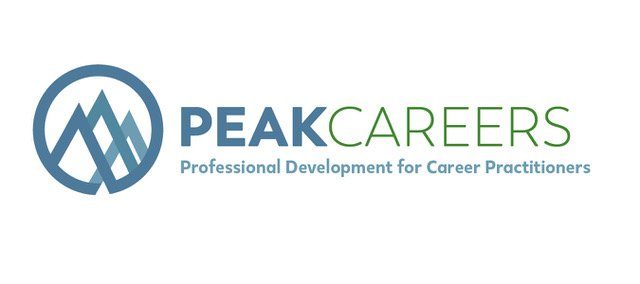Deep work is the ability to focus without distraction on a cognitively demanding task. Cal Newport.
How do you improve your deeper thinking? Cal Newport wrote about the importance of deeper thinking in his book, Deep Work: Rules for Focused Success in a Distracted World. We live in a world filled with YouTube videos, Facebook, emails, Instagram, Pinterest, and more…which are ALL trying to keep you and your mind on them and only them.
One way to improve your deeper thinking is to read. Read books that will help you in your job, books that will inspire you, books that will take you on fantasy trips, and books that are pure entertainment. For those of you who are prolific readers, there is no need to continue reading this blog. Just go to the comments and share your thoughts 🙂

For the occasional book readers or people who are not reading books these days, hear me out. TV, movies, YouTube videos, and social media can be very entertaining and serve a purpose. But recognize that it is “passive” thinking for your brain. You are taking in information that someone else is sending to you. There is not much ‘deep thinking’ here…which is fine. We all need entertainment. But if you want to stretch that brain a bit, let me suggest one simple way to do that: reading.
Here are some of the benefits, in my opinion, that come from reading books to help me with deeper thinking.
Increases concentration and focus. When I am reading a book, whether it is fiction or non-fiction, I have to focus on the words, the characters, the plot, or the meaning behind whatever the book is about. It is forcing my brain to leave the distractions of my everyday life behind and really focus on that book, at that time.
Memorization. In Cal Newport’s book, he talks about Daniel Kilov who can memorize a shuffled deck of cards, a string of one hundred random digits, or 115 abstract shapes. He has won silver medals in the Australian memory championships. There are tricks to doing this, but his point is that you can train your brain to memorize things that require the removal of all distraction…and gets us closer to deeper thinking. I am reading a John LeCarre novel now that requires me to memorize a variety of characters and it is a challenge, but I accept the challenge!
Connecting disparate thoughts. In James Lang’s book, Small Teaching, he talks about the difference between memorizing things and real knowledge of a topic. Experts, in all fields, have the ability to learn new information and to store it in their brains in ways that are “connected” to other things we already know. This improves your deeper thinking as well.
Stretching your brain. Your brain is like a muscle. It actually does not stop growing as we grow older; it improves on making connections between other things we have learned in our lives. This is why as people get older, they often get wiser. This is why as a career coach for over 25 years, I can come to different, often creative solutions to problems my clients present. By reading, you are stretching your brain and keeping it working, just like a muscle.
Slowing down. Even professional books that may be challenging to read can help us slow down. In mindfulness and meditation practices, people talk about the “monkey brain” that never stops thinking. We all have it. If you are just jumping from emails to Facebook, to YouTube, back to emails, from your phone to your computer to the TV, you are “feeding” your monkey brain. By taking even 15 minutes to read a book, you are calming your mind and teaching it to slow down.
I encourage you to pick up a book today. If not today, this week. Find a quiet place and a time each day at the same time and read. Turn off your phone or leave it in a different room. Even if it is for 10-15 minutes, you will begin to slow that distractible brain down and improve your deeper thinking.
In the mornings, I like to start my day with 10-15 minutes of reading a professional book, one that will help me in some way. What I like is, I start my day NOT chasing emails, and reading helps me to be slow…to read…to think…to be in the moment. In the evenings, I like to end my day with a historical book or a fiction book that helps me stop thinking about work. I tend to read for 15-45 minutes in the evenings and this is MUCH better than ending my day on the computer or the TV.
Think about it. If you read 15 minutes per day at an average of 250 words per minute, that’s nearly 4000 words in a setting, and 26,000+ words each week. That would get you through about a third to half of the average adult book.
Want to improve your deeper thinking?
Grab a book each day and make a routine out of it and let me know how you feel in a few weeks.
Jim Peacock is the Principal at Peak-Careers Consulting and writes a weekly email for career practitioners. Peak-Careers offers discussion-based online seminars for career practitioners focused on meeting continuing education needs for CCSP, GCDF and BCC certified professionals as well as workshops for career practitioners and individual career coaching.
He is the author of A Field Guide for Career Practitioners: Helping Your Clients Create Their Next Move and the recipient of the 2020 Kenneth C. Hoyt Award from the National Career Development Association.
Sign up here to receive my TOP 10 TIPS WHEN WORKING WITH AN UNDECIDED PERSON. You will also receive the career practitioner’s weekly email on a variety of career topics, industry news, interesting events, and more.


